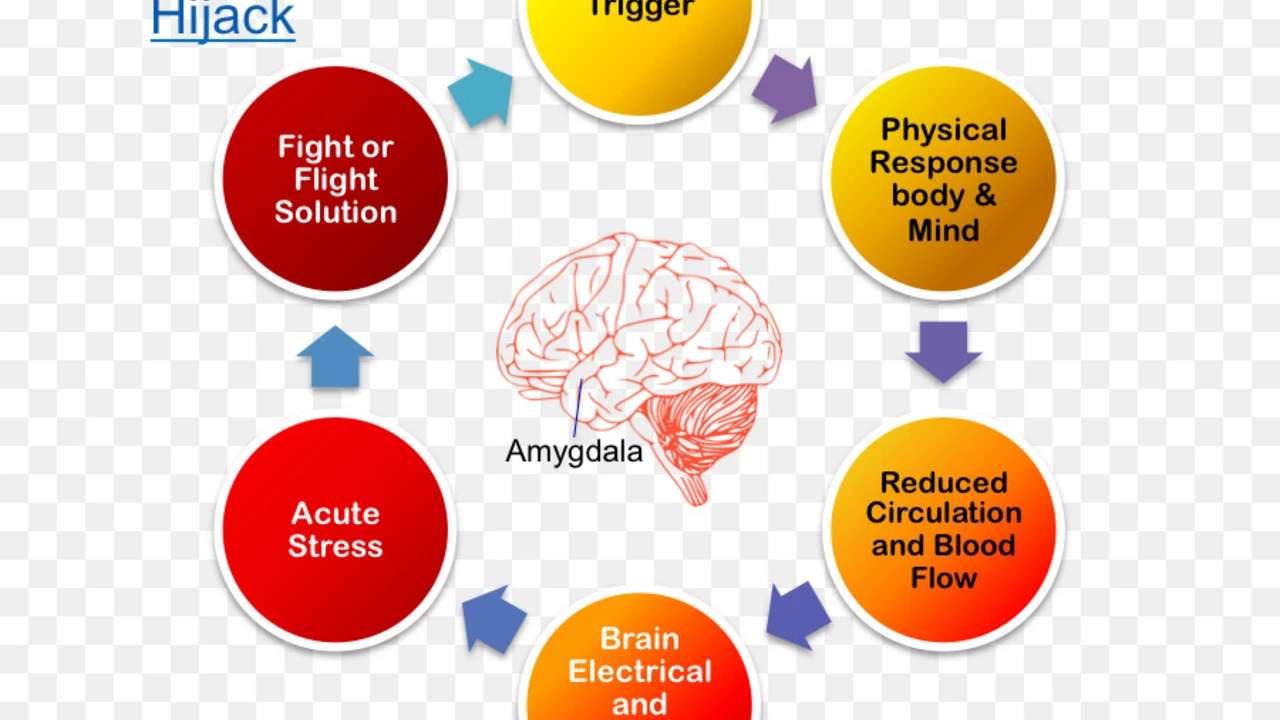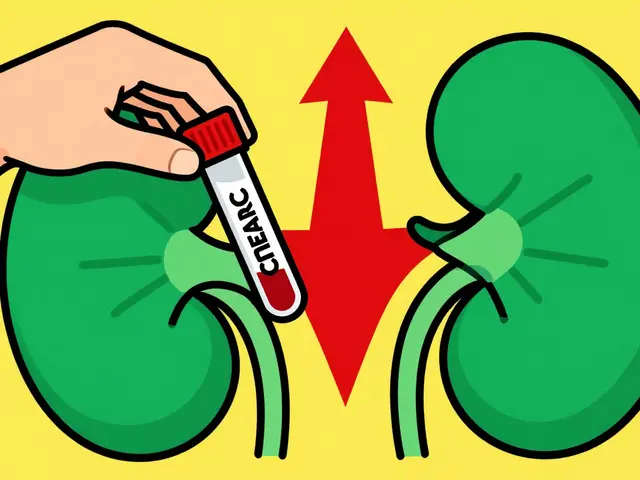Academic Performance Boost: Simple Steps for Better Grades
If you’re tired of feeling stuck in a grade slump, you’re not alone. Most students hit a wall at some point, but the good news is there are easy changes you can make right now to see real improvement.
Build a Study Routine That Sticks
The biggest difference comes from consistency. Instead of cramming all night before an exam, set aside 30‑45 minutes each day for the subject you’re tackling. Use a timer, take a short break after every session, and keep the same spot free from distractions. Over time your brain learns when it’s work time, making focus feel natural.
Mix active recall with spaced repetition. Write down questions on flashcards, quiz yourself, then revisit the cards after a day, a week, and two weeks. This technique forces you to retrieve information instead of just rereading, which strengthens memory.
Manage Time Like a Pro
Start each week with a quick plan. List assignments, test dates, and any personal commitments. Then break each big task into smaller steps – for example, turn "write research paper" into "outline topic," "find three sources," and "draft intro." Assign realistic deadlines to each step.
Use the Pomodoro method if you need help staying on track: 25 minutes of focused work, followed by a 5‑minute break. After four cycles, take a longer 15‑20 minute pause. This rhythm keeps fatigue low and productivity high.
Don’t forget to schedule downtime. A rested mind absorbs more information than an exhausted one. Aim for 7‑9 hours of sleep each night; studies show students who sleep well retain up to 40% more material.
Fuel Your Brain
What you eat matters. Complex carbs like oatmeal, whole grain bread, and beans release energy slowly, preventing the mid‑study crash that sugary snacks cause. Add protein – eggs, nuts, or Greek yogurt – to keep concentration sharp.
Stay hydrated. Even mild dehydration can make focus feel foggy. Keep a water bottle at your desk and sip regularly throughout the day.
Take Care of Your Mental Health
Stress is a performance killer. When anxiety spikes, try a quick breathing exercise: inhale for four seconds, hold for four, exhale for four, then repeat three times. It lowers heart rate and clears mental clutter.
If you feel overwhelmed, talk to a teacher, counselor, or friend. Sharing concerns often reveals solutions you hadn’t considered and reduces the feeling of being alone in the struggle.
Use Tech Wisely
Apps like Quizlet for flashcards or Notion for task tracking can streamline study sessions. However, set strict limits on social media during work periods – a 10‑minute scroll can balloon into an hour of lost time.
Turn off nonessential notifications while you’re in a study block. The fewer interruptions, the deeper your focus and the faster you finish.
Track Progress and Adjust
Every two weeks, review what’s working and what isn’t. Did a particular study slot feel productive? Keep it. Does a certain subject still feel tough despite regular reviews? Try a different resource or ask for help.
By treating your studies like a habit you can tweak, you’ll see steady gains in grades and confidence. Remember: small, consistent actions add up to big results.






